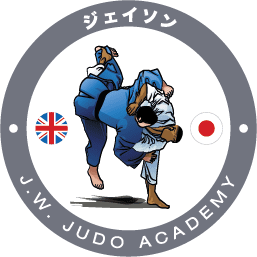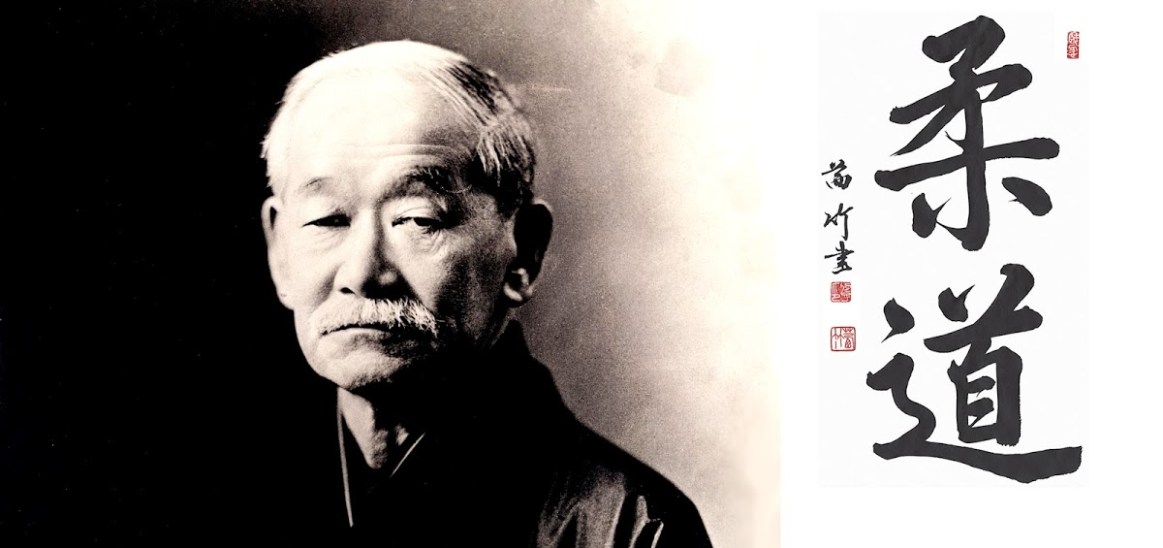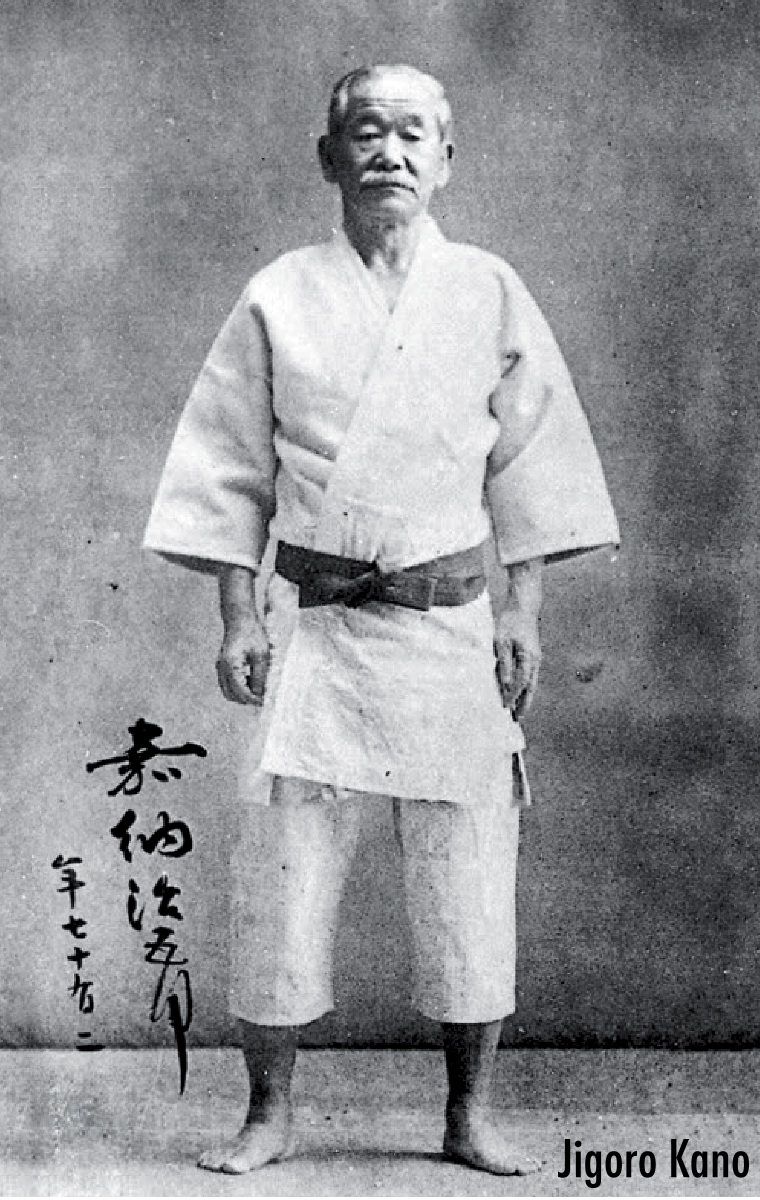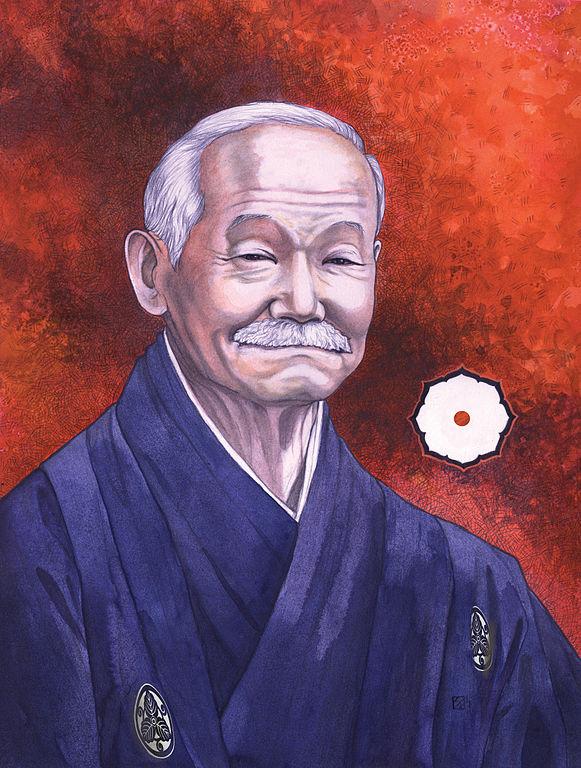Meet Dr Jigorō Kanō
Judo is a gentle grappling martial art and an Olympic sport. Dr. Jigoro Kano founded it in 1882 in Japan. Unlike other contact sports, Judo is safe as it does not involve punching or kicking. Judo emphasises flexibility, leverage, and balance for every movement. To be successful, technique, timing, and skill are more important than brute strength.
Judo is more than just a way to stay fit. Its name comes from two Japanese words - 'ju', which means gentle, and 'do', which means the way. It is often referred to as 'the way of gentleness'. For many people, Judo is more than just a sport. It's a way of life, a philosophy, and a community.
In his professional life, Kanō was an educator. Important postings included serving as director of primary education for the Ministry of Education (文部省, Monbushō) from 1898 to 1901 and as president of Tokyo Higher Normal School from 1900 until 1920. He played a crucial role in making judo and kendo part of the Japanese public school programs of the 1910s.
Kanō's influence extended beyond Japan's borders. He was a trailblazer in international sports and the first Asian member of the International Olympic Committee (IOC), serving from 1909 to 1938. He represented Japan at most Olympic Games held between 1912 and 1936 and advocated for Japan's bid for the 1940 Olympic Games.
His official honours and decorations included the First Order of Merit, the Grand Order of the Rising Sun, and the Third Imperial Degree. Kanō was inducted as the first member of the International Judo Federation (IJF) Hall of Fame on 14 May 1999.
THE BENEFITS OF JUDO
Judo offers numerous health benefits, both physical and mental, particularly for children. This martial art not only helps improve physical fitness, but it also enhances focus and cultivates positive attitudes towards sports. Additionally, it increases self-esteem, self-discipline, and self-respect and promotes courtesy towards others. By empowering children to take control of their physical and mental health, judo instils a sense of confidence and self-reliance.
Judo is a great physical activity for young children as it helps them build healthy and strong muscles at an early age, improves their cardiovascular health, and reduces their cholesterol levels. Children who participate in judo are not only less likely to develop childhood obesity, heart disease, and osteoporosis as they grow up, but they also lay the foundation for a lifetime of healthy and active living. Judo equips them with the knowledge and skills to understand the significance of physical activity and maintain their health in the long run.
Emotional Health:
Judo is not just a sport; it is a martial art that emphasises building self-respect, respect towards others (including opponents), and respect towards your teacher. This approach helps nurture trust, confidence, and sound judgement, which can help individuals grow as emotionally healthy and well-rounded individuals.
Judo is a martial art that can help children channel their energy positively while discouraging violent behaviour. Practising judo teaches discipline and respect for others, attention to detail, and how to present oneself. In terms of the level of discipline it instils, it has been compared to military training.
Judo helps children increase their concentration by teaching them to follow specific instructions and focus intensely. It benefits hyperactive or attention-deficit children, improving their focus and engagement. Judo combines physical activity, self-defence skills, and discipline, making it an excellent sport for children. It improves physical and mental health and builds confidence, self-esteem, and respect.
Judo is a popular sport worldwide and is growing in Britain.
Our objectives are as follows:
- To promote judo to achieve fitness, flexibility, agility, strength, and conditioning.
- To introduce children to judo by promoting the Judo club and the Judo programs conducted in schools.
- To provide a secure, safe environment where fully qualified coaches can deliver judo classes.
- To increase the participation of girls and women in judo.
- To include hard-to-reach groups such as those with disabilities.



